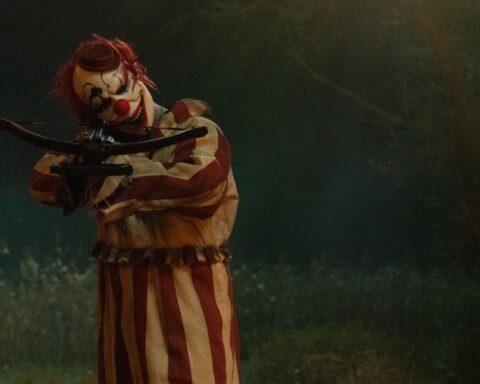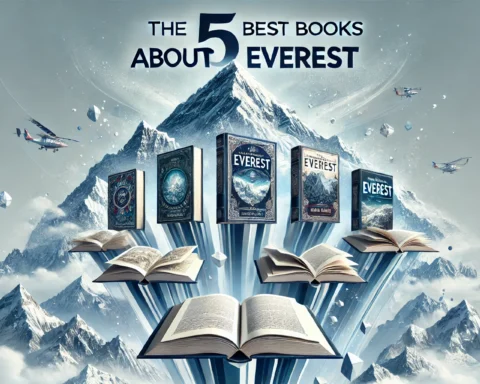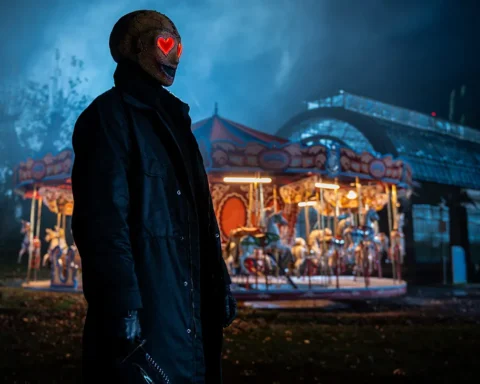As you know, here at Asteria Magazine, we love books, and with our two quirky personalities, we enjoy a lot of different genres. But if there’s one genre we both agree on, it’s dark romance. Sorry to fans, but for us, it’s a big NO. Of course, no judgment—everyone is free to choose what they enjoy—but we’ll explain why, in our opinion, no one should read dark romance, especially young adults.
Literature has always been a way to learn and to entertain. Often, the boundary between reality and imagination is blurred in certain books, so much so that it makes us dream. We escape for a few minutes, hours, or days from our own lives, going on adventures, usually with our favorite characters. But dark romance is not just a slightly darker type of book like many crime or thriller novels.

The problem with this genre is the unconscious impact it carries. Yes, for many, it’s thrilling, but in every dark romance book I’ve come across or read, the woman is put in a position that’s really, really degrading. Often, she needs to be saved, and frequently these books convey rape culture and the typical patriarchal structures. Gone is the idea of women having a choice or control over their bodies; in most of these books, women are reduced to mere sexual objects and/or are always in need of saving or protection by a man.
Now, don’t get me wrong, I have nothing against a bit of help from men, but in these books, everything is taken to the extreme, and the violence isn’t just trivial. Worse, it can be traumatic if the reader is too young. Yet, this type of book is often categorized close to romance or even young adult fiction.
For example, in Captive by Sarah Rivens, the heroine is initially a sexual object sold to a man by another man who used her as a prostitute against her will. She was therefore the victim of multiple rapes. And just when she thought she was saved, her new “master” burns her hand on the stovetop… and it goes on. Yet, if I understand correctly, she ends up developing a romantic relationship with this same man. Another book, Hooked, recently appeared on my feed. The author promises a story with a different ending than the usual fairy tales, so despite not liking this genre, I decided to read it to compare it with the only other dark romance I’d read, Captive. And, well, they end up together too—married with two kids, after he’s repeatedly kidnapped and threatened to kill her. At least, in this one, even though Hook was incredibly annoying, he was less physically violent than in the other book. But again, the woman is portrayed as needing protection and saving by a male counterpart.

Again, it’s not the idea of help and protection from a man that bothers me, but the way dark romance books portray women as helpless creatures incapable of protecting themselves. Then there’s the issue of rape culture, with so many dark romance novels romanticizing physical violence. I think any woman who has been through abuse would not romanticize that. In this genre, consent simply doesn’t exist.
What’s surprising is that even in 2024, society continues to portray women as the weaker sex. Are we so afraid of women finally taking their rightful place in society that we keep pushing patriarchal norms, even in our weekend reads? And what message does this kind of novel send to young girls? To our sisters and daughters?
Women are far from weak and don’t need protection from a man—especially one who is also abusing them. Dark romance is a serious threat to women’s rights, especially in a society where women’s rights are still not fully established, and true equality has never been completely achieved.






